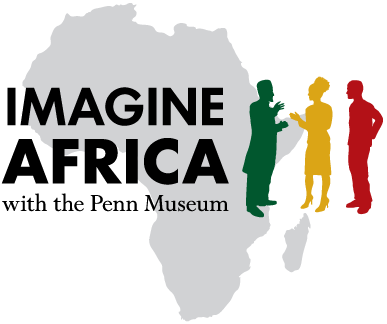While there isn’t a section specifically on the music of Africa in the Penn Museum’s Imagine Africa project, the evolution of contemporary African music is a great way to hear the ways that African culture influences and is influenced by the rest of the world.
The band “The Very Best” was formed in London when the European production duo/ nightclub owners Etienne Tron and Johan Karlberg met Malawian singer/store owner Esau Mwanwaya. The three combine Mwanwaya’s upbeat vocals in his native Malawian language, Chichewa, with dizzying , percussive electronic beats. In their 2009 album, “Heart of Africa,” collaborations with musicians better known in the U.S., like M.I.A. and Vampire Weekend’s lead singer Ezra Koenig, bring the fusion of Euro and African music to an interesting new form.
In this song, the electronic background blends seamlessly with the Malawian melody.
Here is the collaboration with Vampire Weekend lead singer, Ezra Koenig:
And the more club-appropriate collaboration with M.I.A.:
Andrew Kuo’s New York Times visual representation of his experiences at a 2009 The Very Best show in Manhattan shows his reaction and thoughts in response to the group’s music. His comments range from “He could be singing about ‘Law and Order: SVU’ or covering Matisyahu and I would have no idea” to “You can actually hear this guy smiling” to “This feels weird. Is it the cultural fetishization?”
The band would probably take a stance against the musings of their music as cultural fetishization. In a 2009 article in “The Observer”, Karlberg was quoted about the group’s creative process, “…we met in the middle. It’s more interesting when you let things collide rather than reach towards something.” Essau is then quoted as saying, “It’s no longer a question of people stealing music from somewhere. Or people going to Africa and making music there. People like me are here now. Just like I knew about western music growing up in Malawi, European people know about African music. And it’s not a fusion or any of those kinds of words people use – we’re just sharing.”
What do you think musical influences reveal about society? Does the role of the Internet detract from or enhance the production of cross-cultural music and art?













